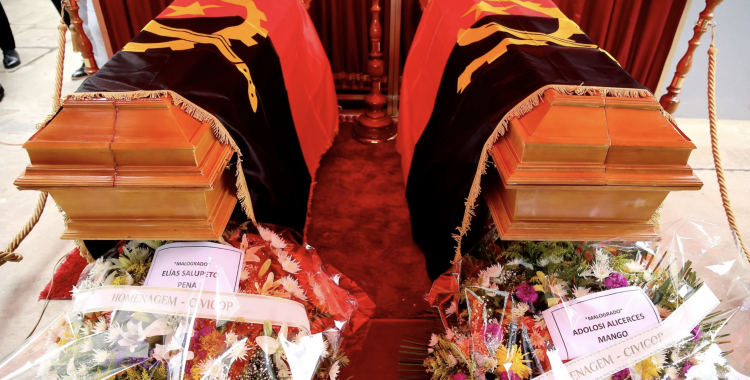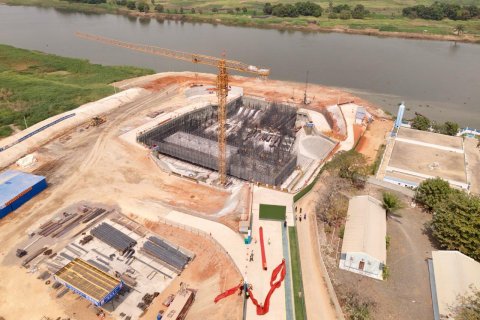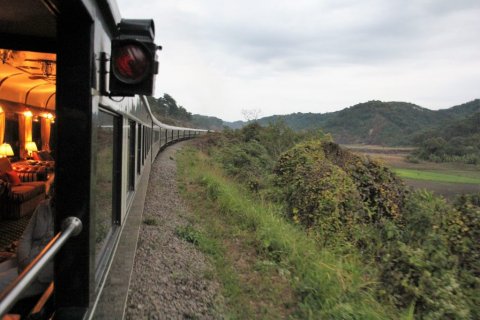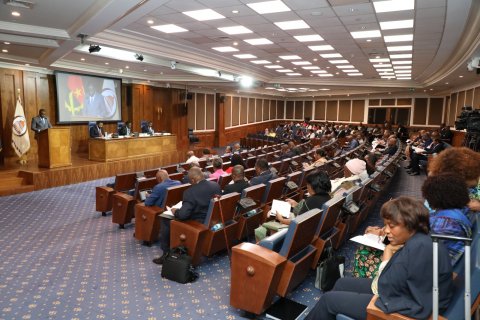António Ventura, who was one of the speakers at the round table with the theme "For Plural Journalism and at the Service of Democracy", promoted by the Union of Angolan Journalists (SJA), said that he was a member of Civicop for a long time and that what has occurred in recent times reveals a change in methodology and way of working.
"For ethical reasons, some issues I cannot not bring up here, but I can say with all conviction that what we have been seeing, what has been done at TPA [Televisão Pública de Angola] is a complete deviation from the principles and fundamentals, which guided not only the creation of Civicop, but above all the methodology and way of working, I have no doubt about that", he said.
At issue are actions carried out by Civicop recently, in particular the search for the remains of leaders of the National Union for the Total Independence of Angola (UNITA), in Jamba, province of Cuando Cubango, former stronghold of the largest political party of the Angolan opposition while the The country was at war, information that has been monitored and disseminated by the national television station and taken up by other public media outlets.
"Civicop members rarely appear to speak when TPA makes those reports, all the others are just service commentators, they are not members of Civicop, others are even technicians", highlighted António Ventura, considering that "there is a kind of kidnapping in this domain in relation to Civicop's competencies".
The mission has been led by the head of the State Intelligence and Security Service (SINSE), Fernando Garcia Miala.
Last week, the TPA announced, through an unidentified source, that the bodies of two UNITA leaders, Tito Chingunji and Wilson dos Santos, were burned and their bones crushed so that no trace of the citizens in question could be left, by express guidance from Jonas Savimbi.
In 2019, the President, João Lourenço, created Civicop, in charge of the general plan to pay tribute to the victims of the political conflicts, which occurred in Angola between November 11, 1975 and April 4, 2022, and two years later he apologized to the families, on behalf of the Angolan State.
As part of this initiative, the remains of other national politicians, who lost their lives in the various phases of Angola's political and military conflict, have already been handed over to families.
Angolan jurist António Ventura also defended journalism committed to citizenship, considering that Angola has a press that is "increasingly propagandist, manipulative, which is increasingly distancing itself from the real facts".
"We just need to look at how the economy is treated, the issue of fundamental freedom rights, but above all it is the consequence that those who exercise freedom of expression suffer when the way they exercise this freedom does not follow the direction given by politicians", said António Ventura, pointing out the consequences of legal proceedings against journalists, persecution and even deaths.
"The same journalist who says the roads are good, if it rains in many cases he won't be able to get home", he stressed.







